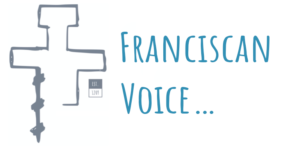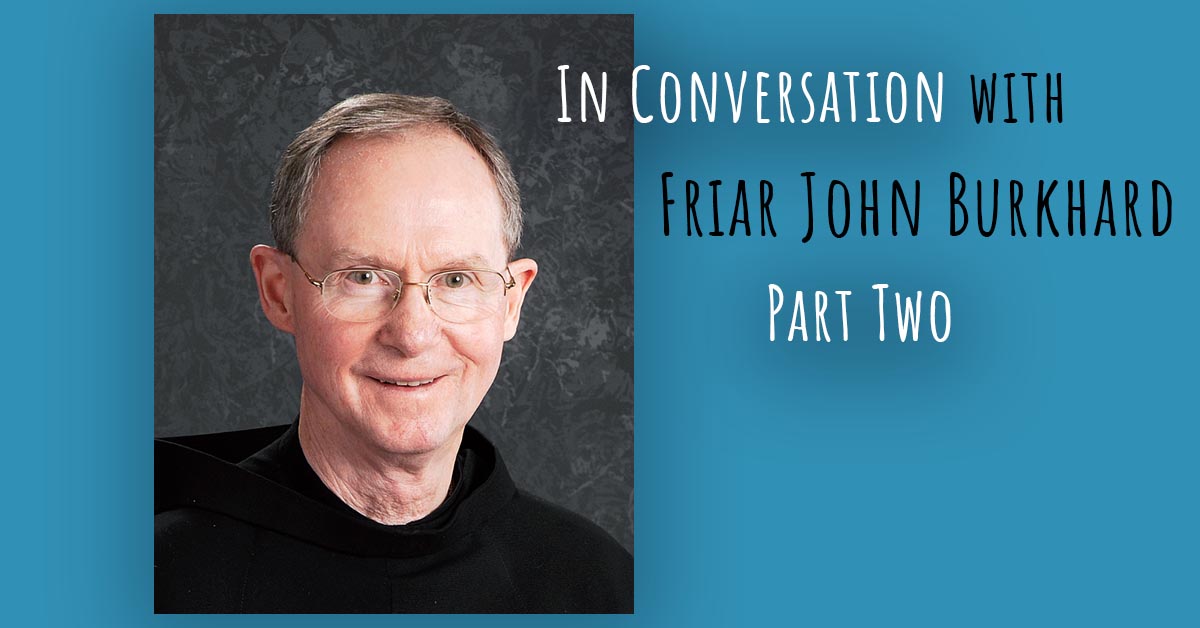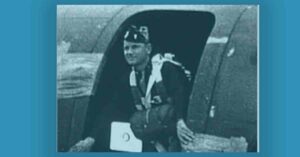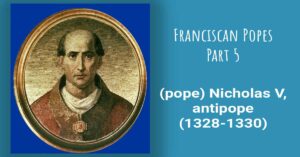Exploring the Synodal Path
In Conversation with Friar John Burkhard, Part Two
While taught by Vatican II, the ‘sense of the faith’ (sensus fidei) has had little official impact in the Catholic Church. What would the church look like if it took this conciliar teaching to heart?
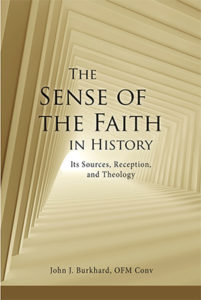
For 18 years, Friar John taught Conventual Franciscan friars, diocesan seminarians, and lay women and men at St. Anthony-on-Hudson Seminary (Rensselaer, New York). After the seminary closed in 1988, he taught for a period of time at St. Peter’s Regional Seminary in Cape Coast, Ghana. Returning from Africa, Friar John joined the faculty at Washington Theological Union, where he remained for 22 years. During summers in the 1990s and 2000s, he taught at St. John’s University (Collegeville, Minnesota), and in a lay education ministry program in the Archdiocese of Washington, DC, called Education for Parish Service, sponsored by the Sisters of Notre Dame de Namur. He retired from teaching in 2012 and now dedicates his time to research, writing, and translating.
Here is part two of our conversation:
With a growing number of people, especially younger people, not identifying with any faith tradition, can the synodal path be an opportunity to bring this sense of faith into the public square?
In today’s circumstances, all people, including the young, feel responsibility for their lives. We all want guidance and support, but we know that we can only realize our human nature and our unique calling when we are engaged in making the decisions that make us happy, fulfilled, and self-directed persons. No one else can do this for me. But neither can I do this alone and without the help of others. The all-sufficient human agent is a chimera, a pure figment of the imagination.
But individuals can only become fulfilled persons when they are invited and enabled by society at large and by the church in particular, to truly become themselves. When church authority both guides and invites to shared discussion and collaboration, the human person grows in her or his spiritual identity.
At one point in my book, I write:
If more Catholics believed that their engagement was welcome in the church, I submit that the scandals rocking the church today would be less an occasion for leaving the church and more an incentive to all believers to tackle these problems. If more believers sensed that their engagement was welcome, more would feel free to share their questions, doubts, and positive insights with each other and with their pastors.
To develop just such a sense of freedom and co-responsibility in the church is, I take it, the point of Pope Francis’ synodal path or way. The ‘sense of the faith’ is the necessary prerequisite for just such freedom of expression and exploration in the church. All are enhanced by it.
(In part three of our conversation, Friar John will provide his perspective on the growth of the ‘nones’ (those who don’t identify with any faith tradition), and offers advice to those seeking to deepen their religious commitment or explore a religious vocation.)
Fr. John’s book is available at many bookstores. Here are a few links –
Liturgical Press: https://litpress.org/Products/6689/The-Sense-of-the-Faith-in-History
Amazon: https://www.amazon.com/Sense-Faith-History-Reception-Theology/dp/0814666892
Barnes and Noble: https://www.barnesandnoble.com/w/the-sense-of-the-faith-in-history-john-j-burkhard/1139651866
